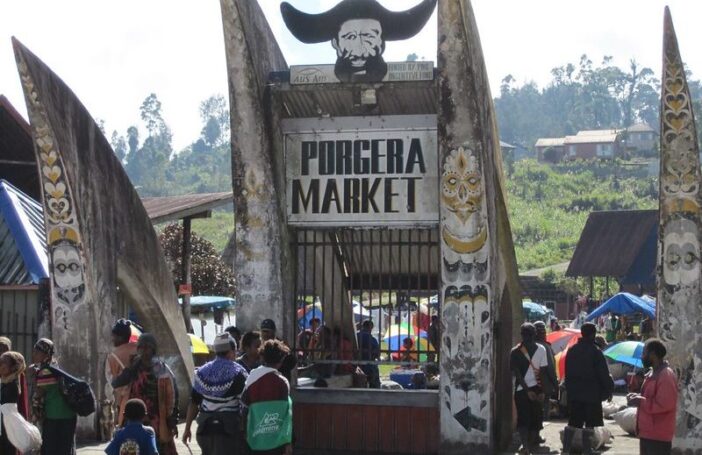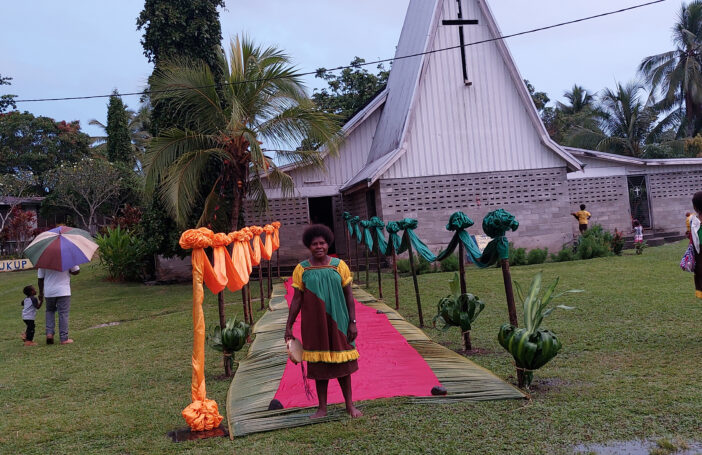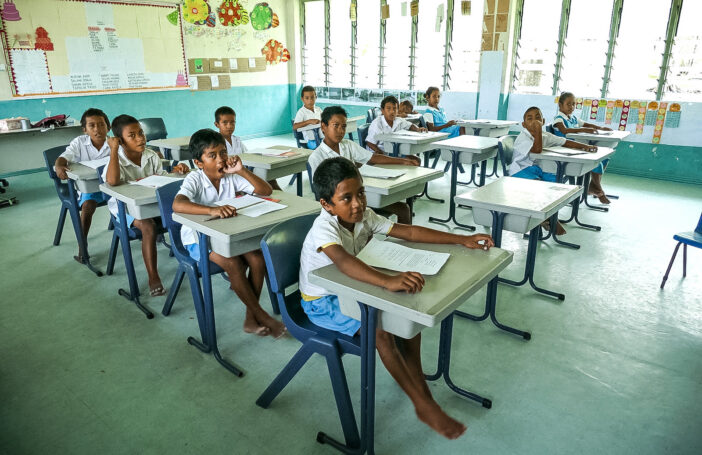Primary and secondary schools in Papua New Guinea (PNG) resumed operations more than a month ago after the State of Emergency (SOE) Controller lifted the temporary closure. Resuming classes in the midst of a countrywide SOE is no easy feat.
The fears of COVID-19 infection, spread and casualty haunt students, staff (both academic and non-academic), parents and other stakeholder groups. The pandemic has altered the normal school life. Many learning institutions operate in partial mode. This has adverse spillover effects on most of the daily educational activities. Learning times are reduced and rescheduled. Lessons are delivered in condensed formats. Lack of additional facilities, such as buildings, libraries and reliable broadband internet access, makes it difficult for teachers to make alternative arrangements to adequately accommodate the learning needs of all students. Hence, the quality of teaching and learning, as well as students’ knowledge acquisition and skills development, are on the verge of being compromised.
The availability of supportive facilities such as effective school internet networks and affordable broadband internet in other countries has enabled teachers and students to maintain active engagement in online teaching and learning throughout the lockdown period. That is not the case for students in PNG due to the unavailability of such important support services in schools throughout the country. Currently, with no vaccine to cure COVID-19, the world, including PNG and its educational institutions, will have to learn to live with the pandemic for a while. Maintaining social distancing and personal hygiene are crucial requirements in this new norm. Therefore, educational and political leaders should now plan on how to complete the 2020 school year, and continue beyond, with COVID-19. Two key areas to address in this planning are outlined below.
First, school leaders (principals and school boards) should work in collaboration with political leaders at both provincial and national levels to ensure that adequate facilities like classrooms, lecture halls, libraries, toilets, shower rooms and water taps are made available in schools. International friends of PNG such as Australia and New Zealand should recognise these needs and provide counterpart funding to complement the government’s efforts. This would facilitate effective maintenance of the required social distancing and daily personal hygiene to prevent infection and spread of the virus in schools.
Second, the usefulness of online teaching and learning in crisis situations, such as the current pandemic, is unquestionable. Effective, accessible and affordable online teaching and learning platforms provide the pathway for schools to mitigate the disruptions caused by COVID-19 and complete the 2020 academic year successfully. The need for PNG schools to have reliable broadband internet networks is long overdue. However, linking hundreds of primary and secondary schools scattered throughout the country online is not feasible now or in the foreseeable future considering PNG’s current financial situation.
An alternative arrangement worth consideration is for provinces to deliver lessons via radio airwaves. Currently, most provincial radio stations are not operational due to a host of issues such as lack of funding and poor management. The national government should work with the provincial governments of all 22 provinces to address these issues and revive their provincial radio stations and networks so that primary and secondary schools can broadcast learning programs. This would also be useful for communicating public health messages and countering misinformation.
This used to work well in the 1980s and 1990s. Sam Basil, the current National Planning and Monitoring Minister, in his previous capacity as the Minister for Communication, Information and Technology and Energy, launched a national project in 2017 to rehabilitate all the provincial radio stations, but this was left unaccomplished due to the change in government. Now is the opportune time for the government to relaunch this project. Again, diplomatic friends of PNG and donor agencies should recognise the practicability of this facility and provide counterpart funding to facilitate its re-establishment.
Radio broadcast offers the only viable option for the National Department of Education to provide digital education to students in PNG. The education department should work in consultation with the National Broadcasting Corporation, provincial radio stations and provincial education departments to ensure that local radio stations are operational and learning programs are available for dissemination. Having such arrangements in place will enable schools throughout the country to continue teaching and learning safely in the event of a positive case and suspension of classes, and thus complete the 2020 school year successfully and continue beyond.
This post is part of the #COVID-19 and the Pacific series.





Thank you, Lynne for your comment & I hope the same.
Fredrick, I hope your article is widely read and reaches decision makers too. As long as the majority of PNG people continue to live subsistence livelihoods, access to TV, radio, newspapers will be limited: radio remains king. The arrival of the COVID pandemic and the need for a trusted voice with reach to the masses serves to remind what was lost when the Australian ABC short wave broadcast was canned back in 2017. Thank you for your article and shining a light on the ongoing relevance of radio to PNG.